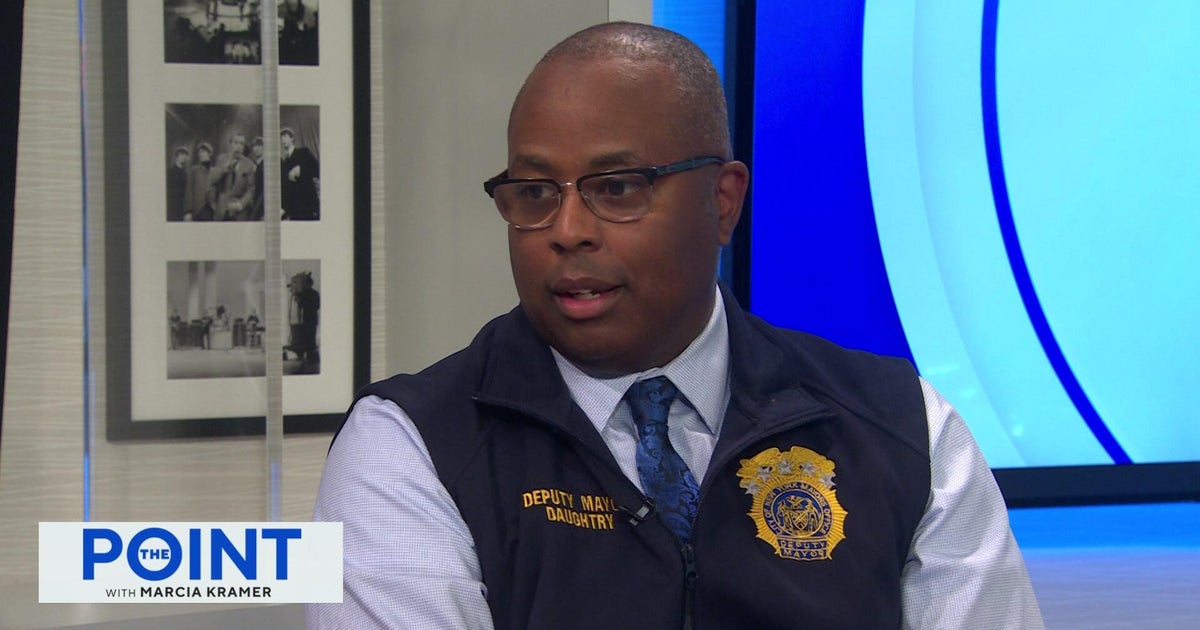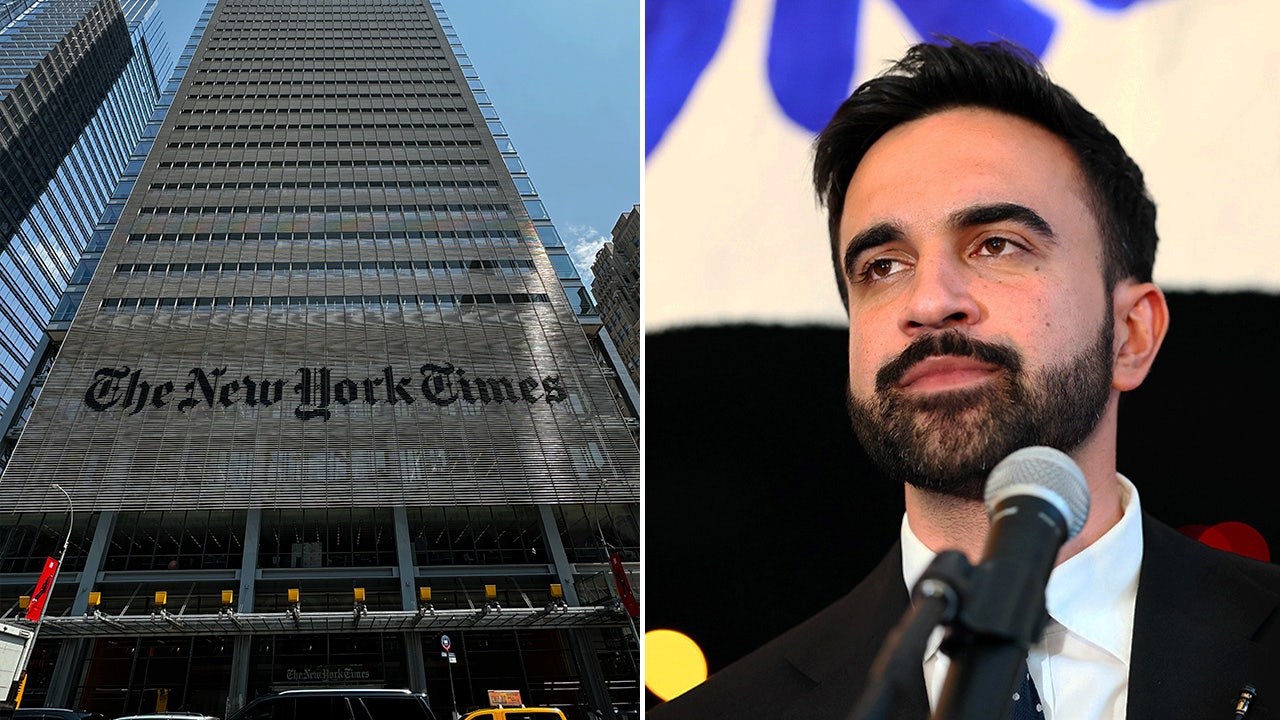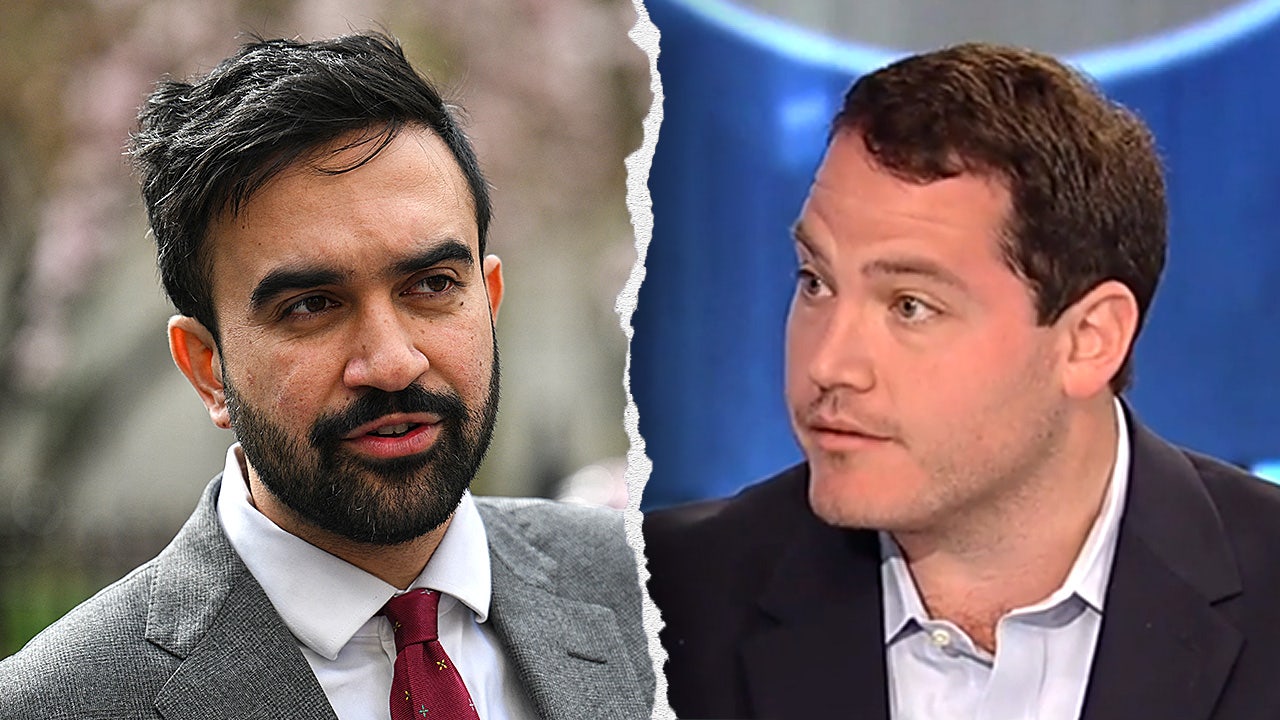Heartbreaking Reality: 80% of NYC Cardiac Arrest Victims Die Due to Slow Response Times
Shocking new data reveals a grim reality for New Yorkers suffering cardiac arrest: a staggering 80% of these patients die due to delayed response times from the FDNY. This grim statistic, revealed in the annual Mayor’s Management Report, represents the worst success rate since the FDNY began tracking this data over a decade ago.
Only 20% of cardiac arrest victims in NYC were revived during the fiscal year ending June 30, according to the report. This means that firefighters and medics are arriving too late, significantly reducing the chances of survival. The national standard for cardiac arrest revival, which includes the sustained return of spontaneous circulation, is the new metric used by the FDNY, making the 20% success rate even more alarming.
Andrew Ansbro, president of the Uniformed Firefighters Association, expressed his shock and concern: "It’s absolutely shocking to learn that four out of five cardiac-arrest calls in New York City end in the death of a patient."
The FDNY's response times have been steadily increasing for the past three years. In fiscal year 2024, the combined average response time for ambulances and fire companies to life-threatening medical emergencies reached 10 minutes and three seconds, a 2.2% increase from the previous year.
These slow response times are directly attributed to several factors:
- Increased call volume: The FDNY is handling more life-threatening emergencies than ever before, putting a strain on their resources.
- Staffing shortages: Limited personnel further exacerbates the already difficult situation.
- City Hall's anti-car agenda: The narrowing of streets and changes in traffic patterns have slowed down drivers, including first responders.
Experts warn that cardiac arrest victims who don't receive CPR within eight minutes typically die, and brain damage is common if treatment is delayed beyond five minutes. Survival rates for cardiac arrest patients can be as high as 90% if treated within the first minutes.
The FDNY acknowledges the alarming situation and highlights their recent initiatives to address the growing problem:
- Hospital liaison officers: To facilitate smoother patient transitions from emergency scenes to hospitals.
- Paramedic response units: To provide more immediate medical intervention.
- Increased access to telehealth: To offer remote medical consultations for non-emergency cases.
- Raising awareness about when to call 911: To prioritize the use of emergency services for genuine emergencies.
Despite these efforts, the FDNY and the city still face a monumental task in addressing the alarmingly slow response times and ensuring the safety of New Yorkers in critical medical situations.




:max_bytes(150000):strip_icc():focal(804x295:806x297)/brian-tarrence-070225-8c085305ea9a4184acf31e85a4aa553d.jpg)





Comments
Join Our Community
Sign up to share your thoughts, engage with others, and become part of our growing community.
No comments yet
Be the first to share your thoughts and start the conversation!